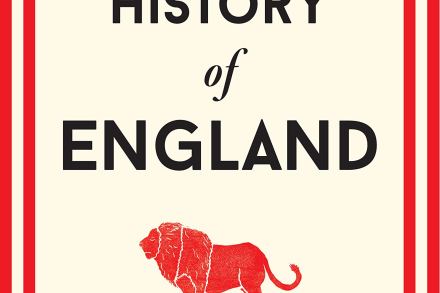James Hawes on why the break-up of the Union is inevitable
43 min listen
In this week’s Book Club podcast my guest is James Hawes. The bestselling author of The Shortest History of Germany turns his attention in his latest book to our own Island Story: The Shortest History of England. He tells me why he thinks there’s real value in so brief an overview of our history, how Jurassic rock formations doomed our politics, why we never got over the Conquest, how the break-up of the Union is now an inevitability, and why the Cross of St George is a funny emblem for English nationalists to rally behind.





















